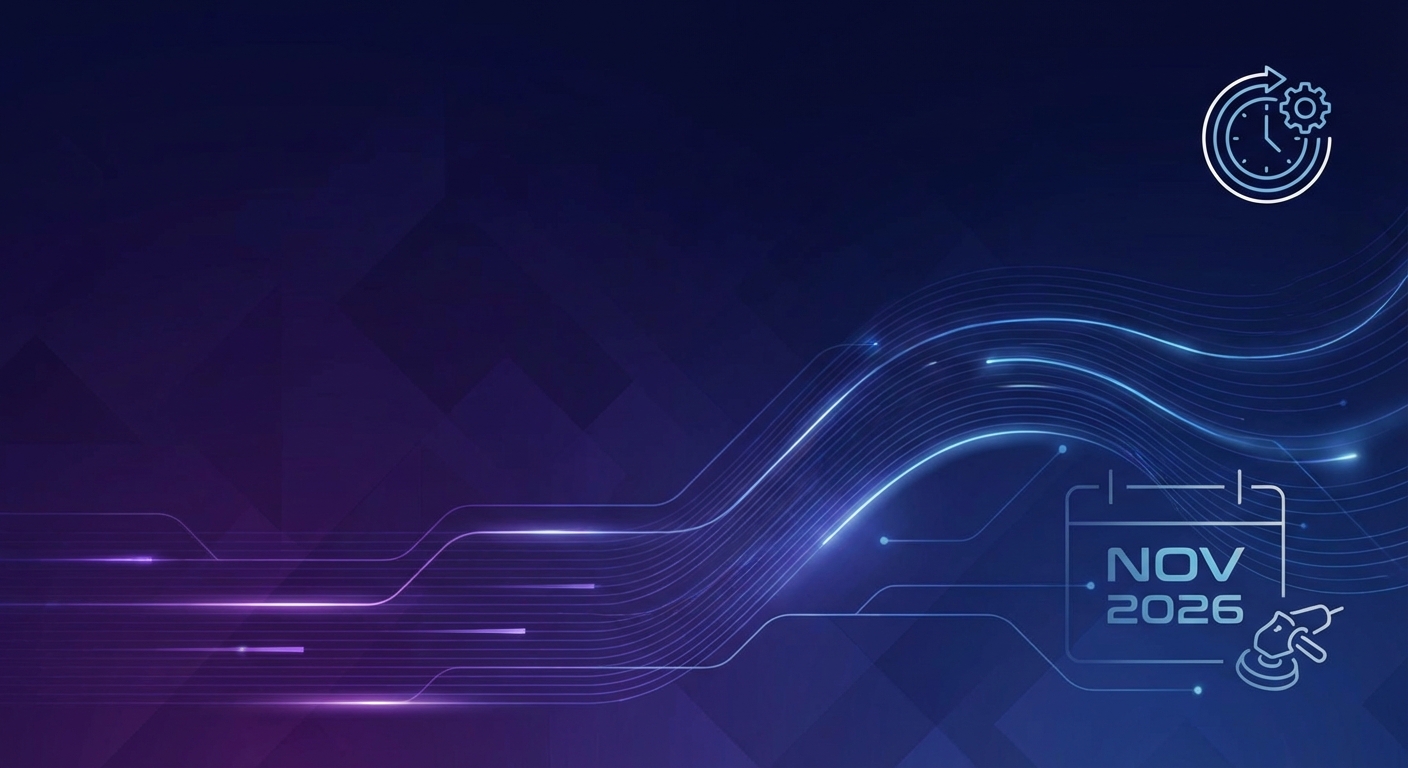Unilever's Social-First Strategy: Insights for the World Cup

TL;DR
- Unilever is significantly shifting its marketing focus from traditional TV to social-first strategies, investing more in platforms like TikTok and YouTube. They plan to leverage a vast network of creators and AI for major events like the FIFA World Cup to enhance storytelling and engagement.
Unilever's Shift to Social-First Marketing
Unilever is significantly increasing its focus on social and influencer marketing, moving away from traditional channels like television. This strategic shift involves reallocating budget from TV and display channels to platforms like Instagram, TikTok,YouTube. The company aims to enhance storytelling through moving pictures and sound, leveraging the capabilities of these social media platforms.
World Cup Strategy
Unilever plans to capitalize on the FIFA World Cup with a marketing strategy centered on social media and sponsorships. Chris Barron, Unilever’s general manager for personal care in the U.K. and Ireland, emphasized the importance of this event, stating, “Next year is the biggest sporting event that’s ever going to happen... We will be making absolutely every effort to make it the biggest thing we’ve done.” The company will focus on paid media and sponsorships across its personal care brands: Dove, Dove Men+Care, Rexona, and Axe.
Creator Partnerships
Unilever intends to deploy a large number of creators across North America for the World Cup. Em Heath, Unilever’s London-based global brand director for Rexona and Sure, mentioned the scale of creator involvement, referencing Coca Cola's approach to the Paris 2024 Olympics with 10,000 creators. Unilever aims for a similar impact by engaging a diverse range of creators, from high-profile ambassadors to micro and nano influencers.
The selection process includes vetting creators for both creative asset production and content creation on their own channels. Unilever is partnering with companies like Traackr and CreatorIQ to manage and measure influencer efforts.
Generative AI in Marketing
Unilever is also exploring the use of Generative AI in its marketing processes. This includes the development of an AI beauty marketing assembly line to streamline content creation and enhance marketing efficiency.
Sponsorship and Activation
Unilever's focus on creators is integral to activating its sponsorships, including the World Cup and commitments with sports organizations like Gotham FC, the Women’s Soccer League, Chelsea, Arsenal, and Manchester City. Zack Sugarman, svp at sports sponsorship consultancy Two Circles, noted that brands see a 200% increase in awareness when activating around an official sports IP. Chris Ross, a Gartner analyst, emphasized that underinvesting in activation can negate the benefits of sponsorship investments.





